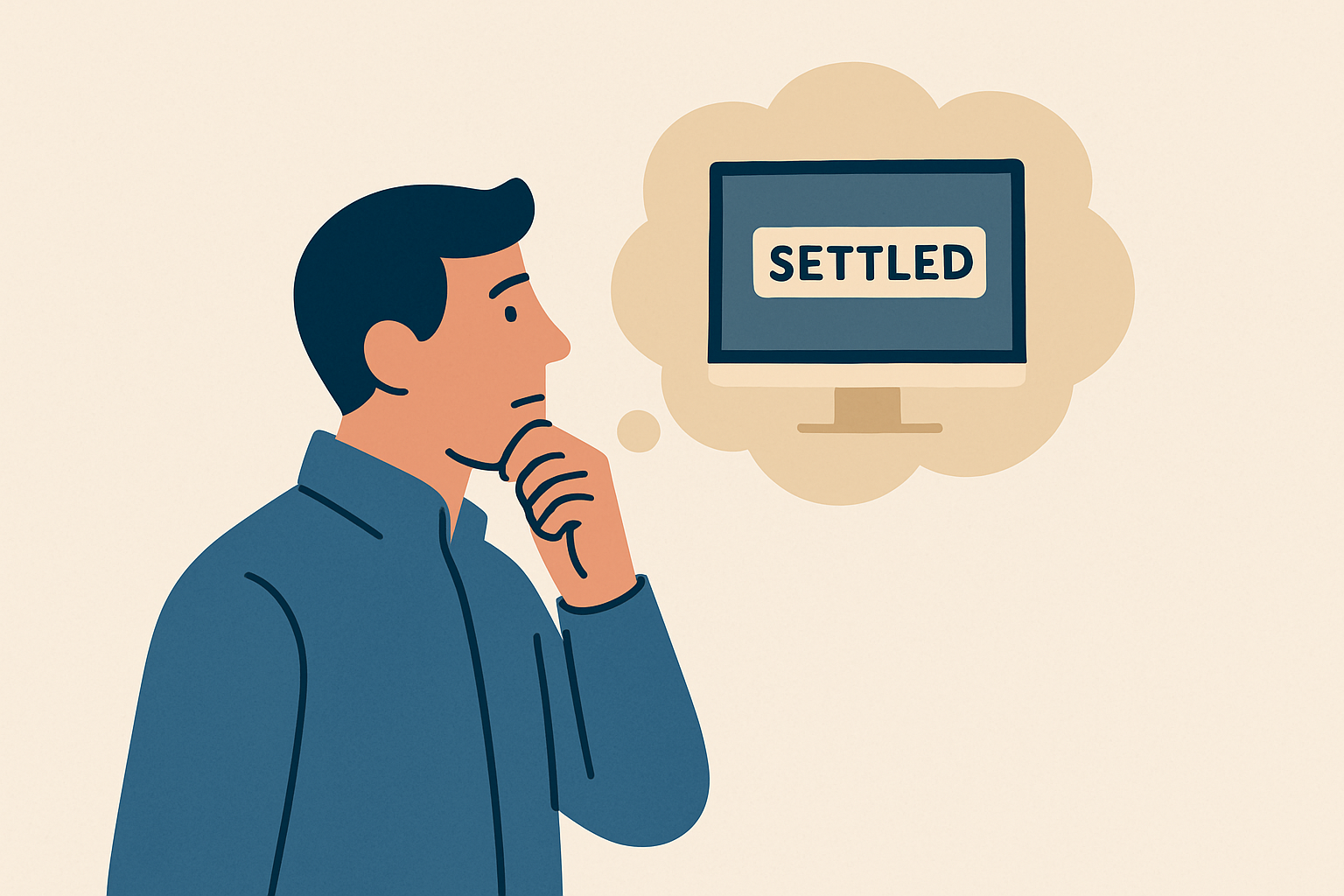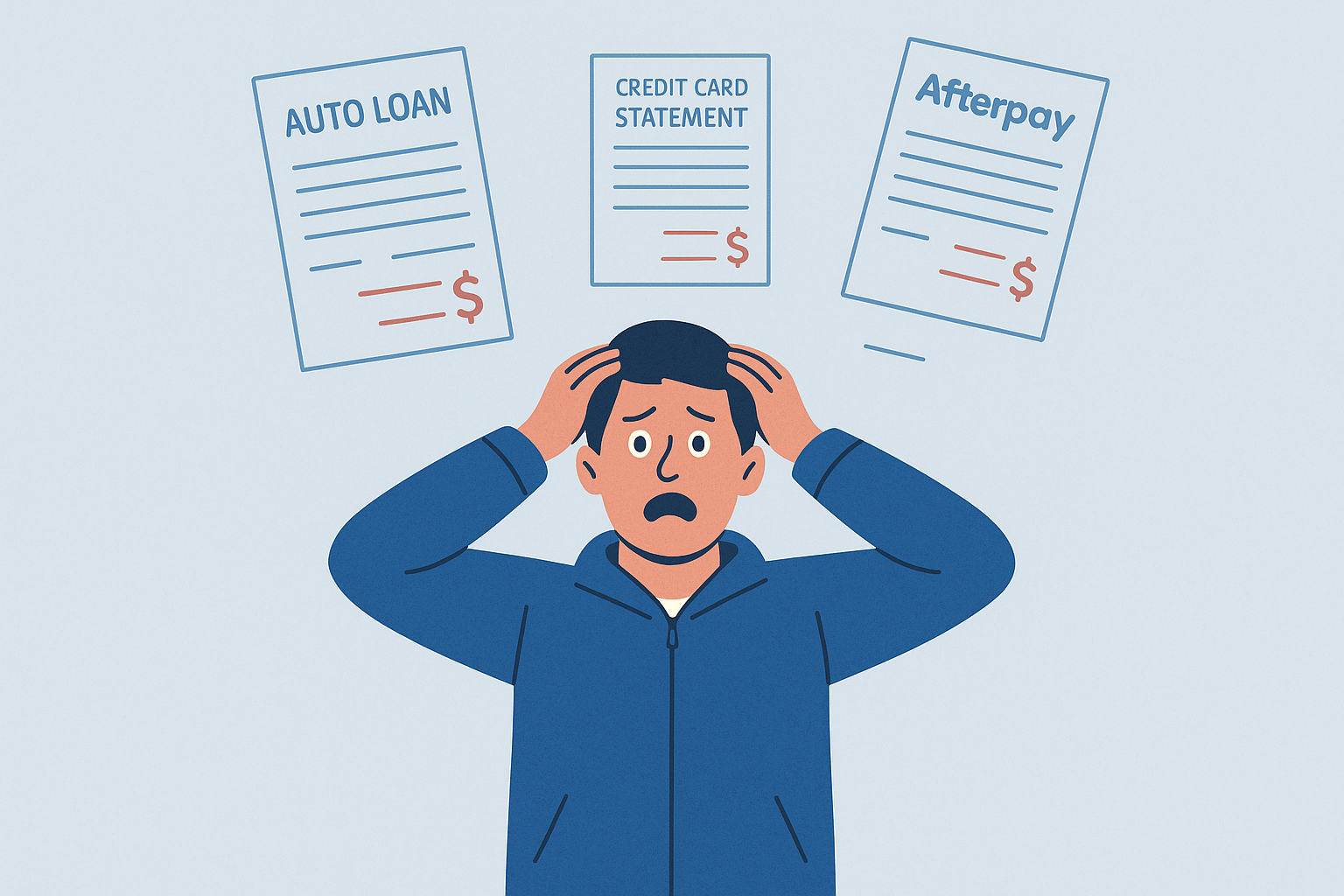Dealing with overwhelming debt can feel like you’re drowning financially, and for many people, debt settlement appears to be a lifeline. But before you commit, it’s important to understand the relationship between debt settlement and credit score impact. While settlement can reduce your balances, it doesn’t come without consequences—especially for your credit profile.
Let’s break down what happens to your credit score when you settle debt, and when this tradeoff might still be worth it.
What Is Debt Settlement?

Debt settlement is a form of debt relief where you negotiate with creditors to pay less than the full amount you owe—often in a lump sum. You can attempt this on your own or work with a debt relief company to facilitate the process.
How It Works:
- You (or your representative) offer a reduced payment to your creditor.
- If the creditor agrees, the debt is marked as “settled” or “paid for less than owed.”
- You’re no longer responsible for the remaining balance.
While this may seem like a straightforward path to financial freedom, the process almost always involves missed payments—which can significantly damage your credit.
How Debt Settlement Affects Your Credit Score
Initial Score Drop from Missed Payments
In most debt settlement plans, you stop making payments in order to push creditors to negotiate. However, these missed payments are reported to credit bureaus and will hurt your score—especially if your account becomes 90+ days delinquent.
According to the Consumer Financial Protection Bureau (CFPB), these missed payments can stay on your credit report for up to seven years.
“Settled” Status vs. “Paid in Full”
Once a debt is resolved through settlement, your credit report won’t show the balance as paid in full. Instead, it will read as “settled,” which lenders may view negatively since it signals that you didn’t repay the full obligation.
Long-Term Recovery
The damage to your credit score from debt settlement can be significant—especially in the short term. However, your score can recover over time as you:
- Pay all other bills on time
- Reduce your overall credit utilization
- Avoid taking on new high-interest debt
In most cases, consumers begin to see improvements within 12–24 months of completing a settlement program.
When Debt Settlement Might Still Be Worth It

Debt settlement is not for everyone—but in certain situations, it’s a strategic choice. If you’re facing severe financial hardship and bankruptcy is your only alternative, settling your debt may be the lesser of two evils.
It can:
- Help you avoid Chapter 7 or Chapter 13 bankruptcy
- Eliminate a large portion of your unsecured debt
- Allow you to rebuild your credit more quickly than bankruptcy might
Still, make sure to work with a reputable provider and understand the fees and risks involved.
Alternatives to Debt Settlement
If you’re unsure whether settlement is the right fit, consider other forms of debt relief first. Some alternatives include:
Debt Consolidation
Rather than negotiating your balances, debt consolidation combines multiple debts into one monthly payment—typically at a lower interest rate. This approach can help you simplify payments without damaging your credit score. You can learn about common debt consolidation mistakes to avoid to protect your financial health.
Credit Counseling
Working with a nonprofit credit counselor can help you build a manageable repayment plan without the penalties that come with settlement.
Balance Transfer Credit Cards or Personal Loans
If you have good credit, using a 0% APR balance transfer card or low-interest personal loan can give you time to pay off your balances without accruing more interest.
Final Thoughts
Debt settlement can impact your credit score—sometimes significantly. However, if you’re struggling with debt and considering bankruptcy, it may be a step worth taking. The key is to fully understand the trade-offs between debt settlement and credit score recovery so you can make an informed choice.
Before you act, explore your full range of options and talk to a financial advisor or credit counselor. The right decision today can set you on the path to lasting financial wellness.

